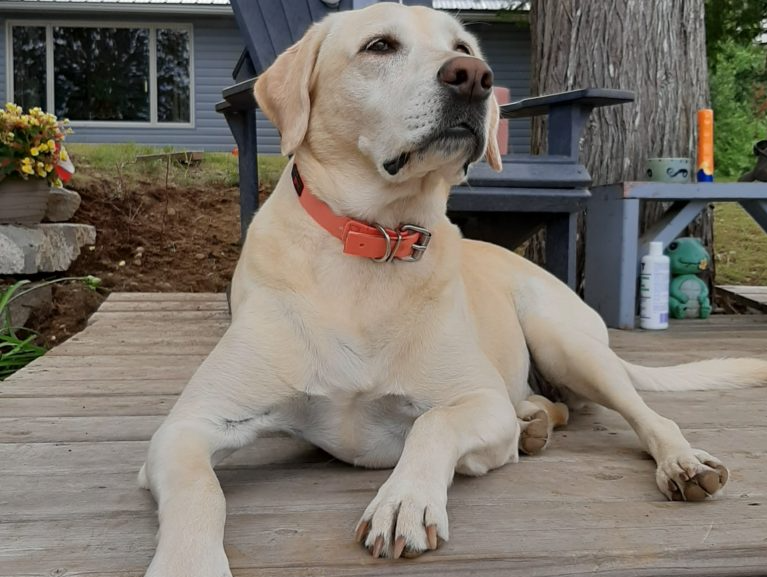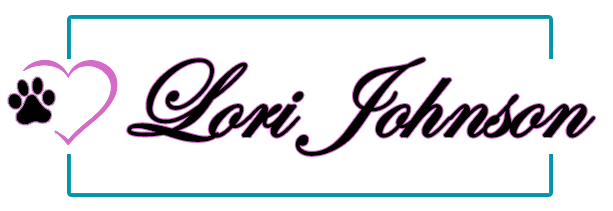How Dogs Help Humans
How to Understand the Differences
New Paragraph
Dogs help humans in many different ways. It is an industry that has grown exponentially. It has become challenging to truly understand the different ways that dogs help humans and to establish standards of practice.
This article will separate out each area that dogs help humans and identify the differences. I will provide support articles as external links for referral and to provide opportunities for a more indepth look at the area that interests you.
The canine human relationship is witnessed when dogs help people. It is a beautiful reciprocal relationship. Dogs love to work and people need the assistance that dogs can so instinctively provide.

Assistance Dogs
Assistance Dogs is a generic terms for guide dogs, hearing dogs, or service dogs specifically trained to do three or more tasks to mitigate the effects of an individual’s disability.
Guide Dog is a dog that guides individuals who are blind or visually impaired. There are many tasks that a guide dog does to provide independence and safety to their user. A guide dog is specially trained for one person to use to mitigate the challenges of blindness or visual impairment. A guide dog and their user develop a wonderful canine human relationship.
Hearing Dog is a dog that alerts individuals who are deaf or hard of hearing to sounds. The sounds are household sounds and the dog is trained specifically to lead their user to the source of the sound.
Service Dog is a dog that works for an individual with disabilities other than blindness or deafness.
Service dogs are trained for people with mobility disabilities, autism, seizure alert or response, alerts to other medical issues such as low blood sugar, or psychiatric disabilities.
The most important differentiation is these dogs are highly trained to be placed with one person to help them with their disability. It is a long process that requires at least two years training of the dog from puppyhood. Puppies are raised by fosters who are required to provide socialization and early puppy experiences preparing them for their intense training for the selected type of help they will provide. There is a comprehensive application process for the human and careful matching is done of the dog to the client. Rigorous training of the team is the final step. These teams are often public access certified and the dog is an extension of the human in any public place the human chooses to go.
It is extremely important not to mix up Assistance Dogs and Service Dogs with Therapy Dogs, Emotional Support Dogs, or dogs trained to provide Canine Assisted Interventions.
Emotional Support Dogs
Emotional Support Dog is a highly controversial topic. It is difficult to find any information about the training or certification of these dogs and humans in Canada. There are a number of websites that offer a quick certification for a fee. There are more and more news stories about poorly behaved, aggressive dogs, that are mismanaged in public by the user. It is discouraging for anyone who understands the rigorous training protocols of any assistance dog or service dog.
There are strict training standards for Therapy Dogs and dogs that perform Canine Assisted Interventions. Governing bodies that maintain and uphold standards of practice. To witness this amazing industry of dogs helping humans be undermined by the lack of standards for emotional support dogs, is not only discouraging to those who train and place highly skilled dogs, but also for the people who have emotional disabilities and could use a dog to help them in their daily lives.
A dog that is going into public MUST maintain an unobtrusive, calm, confident demeanor. The dog MUST have impeccable manners and be completely focused on the job they are there to do. There training is evident to anyone who sees them in public and they are identified by a vest and appropriate ID card.
If you are looking at training your own dog to be an Emotional Support Dog there are things you can do to help you in this journey. Get support from a professional dog trainer to assist you in choosing the right dog for this type of work. You want to set yourself and your dog up for success. Enrol in professional pet training classes to build life skills and solid foundation skills. I recommend highly these two professionals.
After you have completed extensive training as a team reach out to the Canine Good Neighbour Program offered by the Canadian Kennel Club. This 12 – step test when completed successfully, ensures that your dog is a valued member of Canadian Kennel Club (CKC) across the country. Good manners are focused on for home, public places and around other dogs.
This website is full of excellent, well researched information that can help you get what you and your dog both deserve.
If you are working with a psychologist, therapist, psychotherapist it is a good option to discuss your thoughts with them. An excellent article is posted below.
Emotional Support Animals: The Therapist's Dilemma
There is no doubt that animals specifically dogs can impact the lives of humans who are suffering with anxiety, depression, PTSD and more mental health issues.

Therapy Dogs
Therapy Dog takes the natural desire a dog has to provide affection, comfort and support to people. The big difference is the dog is a pet dog and is managed by the owner of the pet dog. The dog is only in public places where there has been a request for Therapy Dog Services and the owner has completed the training program provided.
The dog is not supporting the owner, it is being managed to help others. It is a great way to fulfil the desire of the owner to share the love and compassion they have experienced with their dog to many individuals. These individuals may be patients in a hospital, children in a school, elderly in long term care homes, those who are dying in a hospice.


People who can benefit from the sweet, non-judgemental love of a dog. What better way to take your mind off of your pain, lonliness, anxiety, whatever you are experiencing in the moment.
A dog suited to be a therapy dog is calm, confident around new situations. They love people and enjoy being social. Being well behaved in public situations is critical. The human part of this wonderful team needs to value the importance of dog behavior in public places.
St. John’s Ambulance offers a Therapy Dog Program that is uniquely Canadian. This is a registered charity that offers a national community service.
Please share...

